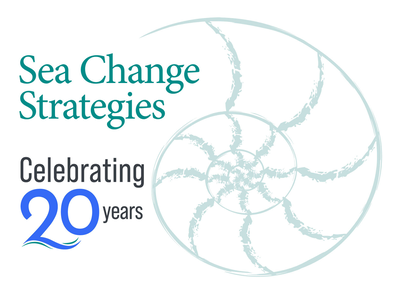There’s no such thing as compassion fatigue
This just in from the world of brain science – we have an almost infinite capacity for compassion. In fact, it makes us feel good.
So if that’s true, why is the notion of “compassion fatigue” such a preoccupation among fundraisers?
According to neuroscientists, social psychologists (and incidentally Buddhist meditation masters), the key is to distinguish between empathy and compassion.
Empathy is generally defined as feeling the feelings of others. When you see the starving baby in her mother’s arms, you feel that woman’s pain, almost as if you were experiencing it for yourself. Empathy is what makes us feel profoundly connected to the rest of humanity — and is a critical factor in inspiring someone to donate or help.
But…by itself triggering empathy, especially empathy for deep suffering, can be discouraging and exhausting.
Compassion on the other hand is empathy with a twist. Compassion is feeling the feelings of others, but with a strong desire to help. That intent to help flips the emotional experience from negative to positive.
We thrive on compassion.
Here’s a wonderful blog discussion of the research and its implications for care workers.
The fundraising implications are pretty clear. An appeal to compassion means evoking empathy, but also making sure there is enough of an element of hope and possibility that it inspires action. When you think about it, it helps explain why people feel good after giving (another scientifically proven phenomenon).
Both Alia and I are devotees of formal compassion meditation training as well. It’s not only a better way to do fundraising, it’s a better way to survive the work of being a fundraiser.
